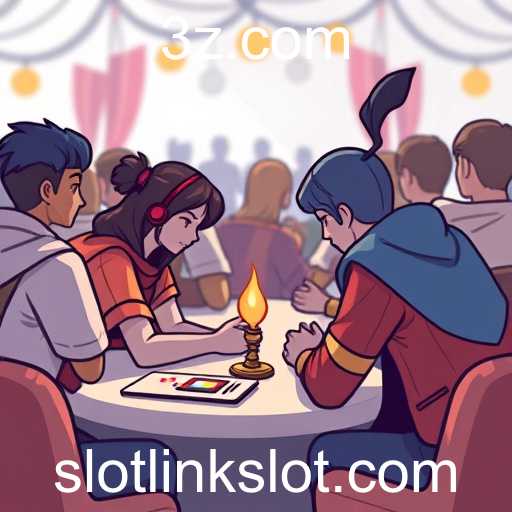In the ever-evolving world of online gaming, innovative concepts and designs continually shape user experiences. One such innovative category that has caught the attention of players and developers alike is the 'Community Forum' category, which prominently features the keyword 'linkslot'. As we delve into the intricacies of this category, it's important to understand what makes 'Community Forum' games with 'linkslot' a unique proposition for gamers worldwide.
The 'Community Forum' category on gaming websites serves as a digital gathering place where players can engage, collaborate, and compete in a moderated environment. This category embraces the social aspect of gaming, often incorporating elements of strategy, skill-building, and sometimes storytelling. At its core, it is designed to facilitate interactions among players beyond the usual gaming scenarios—allowing for a more communal experience.
At the heart of the 'Community Forum' category is the concept of 'linkslot'. This keyword signifies a crucial feature that links players through slots of interaction—virtual spaces where they can collaborate, exchange resources, or challenge each other in constructive ways. 'Linkslot' cleverly leverages the connectivity of online platforms to enhance player interaction and engagement. Each slot can serve as a node, connecting players through various in-game activities that often require cooperation and strategic thinking.
One of the standout features of 'linkslot' in 'Community Forum' games is its ability to create dynamic environments that evolve based on player interactions. Unlike traditional gaming setups where interactions might be limited to predefined scenarios, the linkslot framework allows for a myriad of possibilities. Players can form alliances, build communities, and influence game outcomes, thus making each gaming session a potentially unique experience.
For developers, the 'linkslot' mechanism offers a rich tapestry on which to build layered narrative and complex game mechanics. By focusing on community-driven content, developers can foster environments that are both inclusive and competitive, encouraging players to not just play, but actively contribute to the gaming universe.
Moreover, 'Community Forum' games with 'linkslot' appeal to a diverse audience, ranging from casual gamers looking for social interactions to hardcore gamers interested in deep strategic challenges. The inclusivity of these games ensures that everyone can find a niche where they feel valued and engaged, nurturing a sense of belonging.
In conclusion, 'Community Forum' games, with their 'linkslot' keyword, represent a growing trend in the gaming industry that prioritizes community engagement and player interaction. As these games continue to develop, they promise to redefine the boundaries of traditional gaming, offering players new ways to connect, compete, and collaborate in the digital realm. As the category grows, it will be fascinating to watch how developers and players alike build upon the current foundations to create even richer and more immersive gaming experiences.








